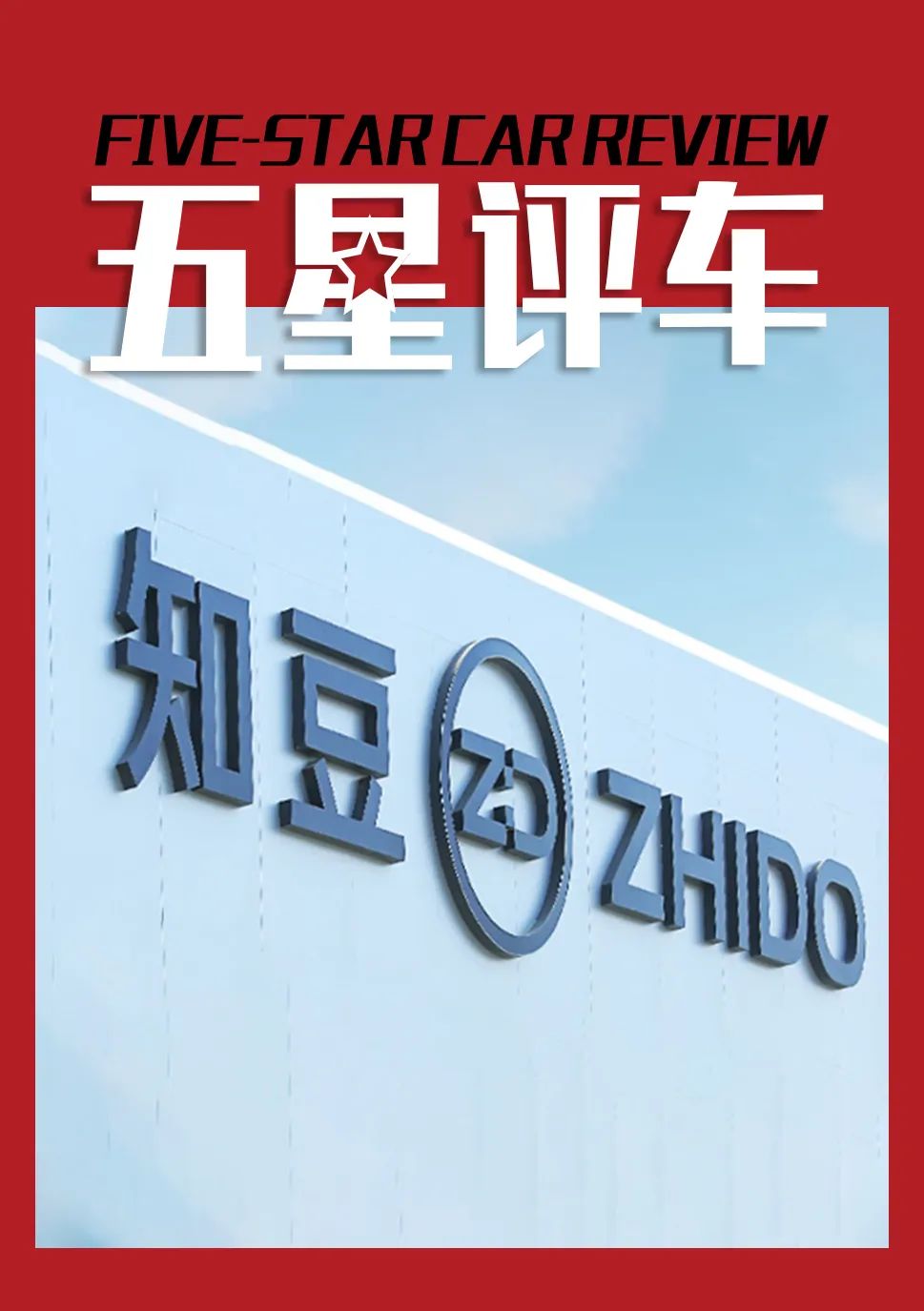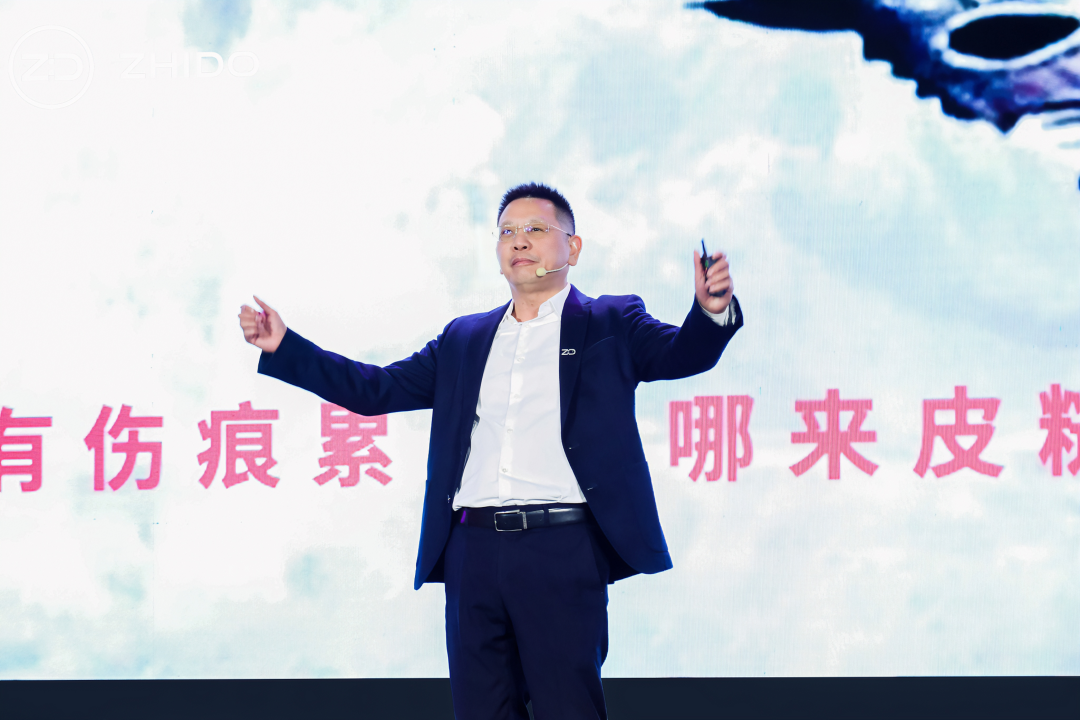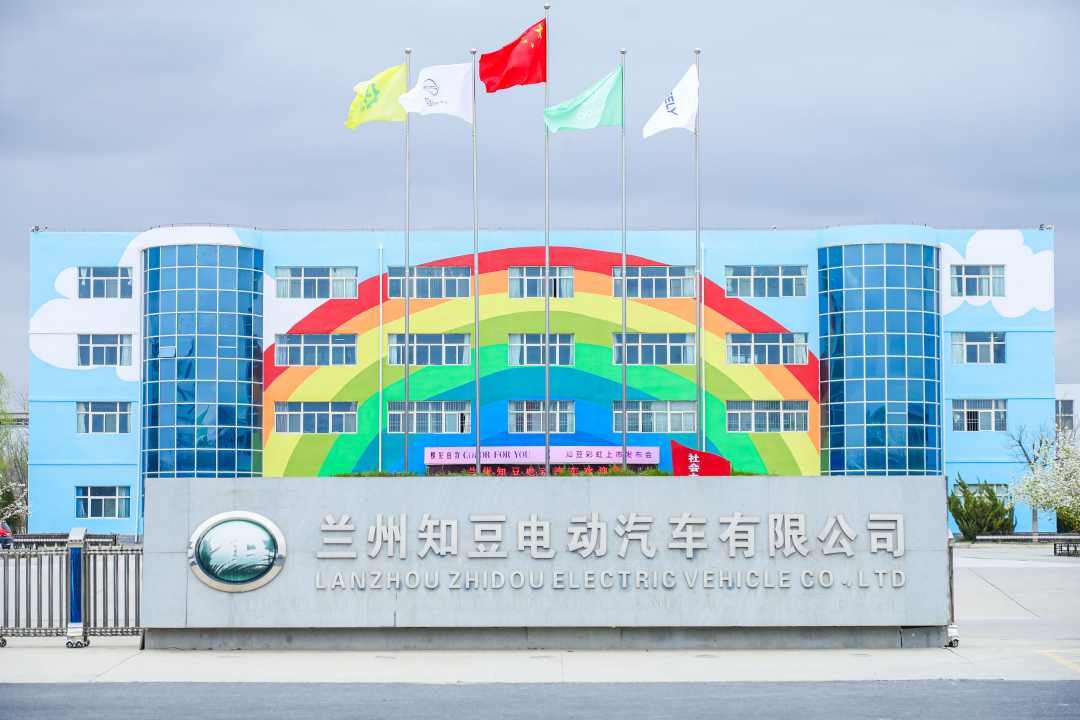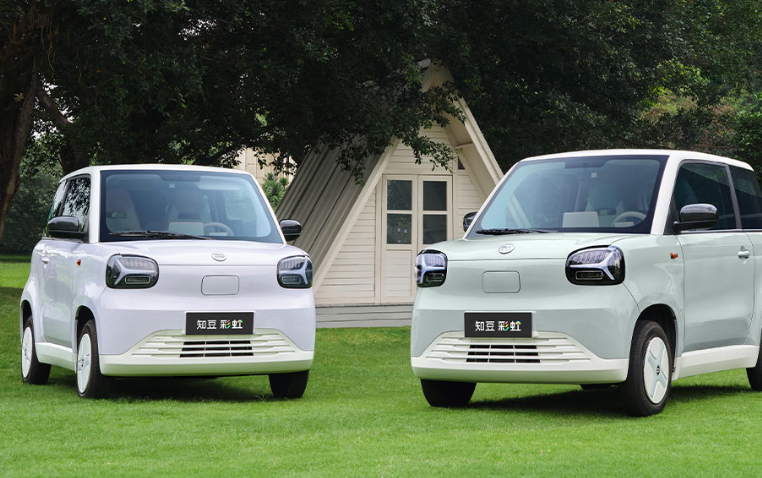Sales Down 50% Month-on-Month: How Long Can Zhidou Survive Post-Restructuring?
![]() 06/13 2025
06/13 2025
![]() 565
565

Written by Li Xia
Produced by Five Star Car Reviews
"Once a car brand falls, it can never rise again." This widely held belief in the automotive industry is being challenged by Zhidou Automobile. Can it pull off a remarkable comeback?
A year after restructuring and re-entering the auto manufacturing scene, Zhidou's official website published an article titled "New Zhidou, Setting Sail". The article outlined ambitious sales targets: doubling annually from 2024 to 2026, followed by a sustained 50% growth rate from 2027 to 2028.
According to public data, from August to December 2024, Zhidou sold 9,832 vehicles, averaging less than 2,000 vehicles per month. The company's sales targets for 2025 to 2028 are 20,000, 40,000, 60,000, and 90,000 vehicles, respectively. However, in the first quarter of 2025, Zhidou sold only 3,297 vehicles, marking a month-on-month decrease of approximately 50% compared to the fourth quarter of 2024.

In 2006, Bao Wenguang's Xin Dayang Electromechanical Group ventured into electric vehicle production, establishing Zhidou Automobile. This made Zhidou one of the pioneering new forces in domestic car manufacturing.
Zhidou's official website notes that the company, founded in 2006, specializes in mini electric vehicles. As an advocate of new energy micro-mobility, Zhidou aims to create an industry-leading platform in this segment, providing users with compact yet stylish travel solutions, and positioning itself as a global leader in mini electric vehicles.

In January 2015, Ninghai Zhidou Electric Vehicle Co., Ltd. (later renamed "Zhidou Electric Vehicle Co., Ltd.") was jointly established by Xin Dayang Electromechanical Group, Geely Holding Group, Ninghai Yinshi Investment Fund, GSR Ventures Fund, and others. Under Li Shufu's leadership, Geely Holding Group became Zhidou's largest shareholder with a 45% stake, while Bao Wenguang's Xin Dayang Electromechanical Group held a 30% stake, ranking second.
From 2015 to 2016, Zhidou sold 25,300 and 24,000 vehicles, respectively. In 2017, Zhidou obtained new energy vehicle production qualifications from the National Development and Reform Commission and the Ministry of Industry and Information Technology, with an annual production capacity of 40,000 vehicles. This made Zhidou the 11th enterprise in China to secure new energy vehicle manufacturing qualifications. That same year, Zhidou sold 42,000 pure electric vehicles.
During this period, Zhidou ranked among the top three in domestic electric vehicle sales and led the A00 category industry. In early 2018, Zhidou's market valuation soared to 8 billion yuan.
However, as subsidy policies tightened requirements for energy density, energy consumption, and range, Zhidou Automobile's cumulative sales dropped to 15,000 vehicles in 2018, a year-on-year decline of 63.9%. Zhidou's decline from prosperity to decline took just two years. In the first three quarters of 2019, the company sold only 2,095 vehicles, a year-on-year decline of 84.5%.
Amid severe operational difficulties, including production halts, layoffs, and wage arrears, Zhidou ultimately faced bankruptcy reorganization. After a series of restructuring efforts, Zhidou officially entered the bankruptcy reorganization process in October 2019. In September 2022, ST Yinyi (000981.SZ, now "Shanzi High-Tech") announced the failure of its reorganization with Zhidou, following the signing of a "Memorandum" between the company and the administrator of Zhidou Electric Vehicle Co., Ltd.

Yet, Zhidou's restructuring journey did not end there. In October 2023, Geely Automobile Group, Aima Technology founder Zhang Jian, Zhidou Automobile founder Bao Wenguang, GSR Ventures, Three Gorges Capital, Shenzhen Yuanzhi Fuhai, and others jointly facilitated Zhidou Automobile's capital strategic restructuring.
Business registration information confirms that Bao Wenguang continues to serve as Zhidou's legal representative, chairman, and general manager. Post-equity penetration, Zhidou is now part of the Geely Group, with Geely Group Chairman Li Shufu listed as the actual controller. Aima Technology Group Chairman Zhang Jian is also among the new investors. Notably, post-restructuring, Lanzhou Zhidou handles Zhidou's new vehicle production and sales, while Nanjing Zhidou serves as the investment entity.
Sources indicate that following the restructuring, Geely provides comprehensive strategic support to Zhidou, fully empowering it in automotive technology, quality, craftsmanship, supply chain, talent, and management systems.

In April 2024, Zhidou's official website published an article titled "Zhidou 2024, Renewal and Departure!", signaling its official return. On April 18, Zhidou held a Zhidou Rainbow launch event themed "Radiant Colors by Me" in Lanzhou, unveiling the world's first mini electric vehicle offering 280 million customization options – the Zhidou Rainbow. The new car is available in five versions, with a subsidized retail price range of 27,900 to 39,900 yuan.
At the launch event, Zhidou Automobile founder and president Bao Wenguang announced that through the collective efforts of all shareholders, Zhidou had successfully completed its restructuring. With sincerity and a highly responsible attitude towards stakeholders such as the government, creditors, society, users, and employees, Zhidou had resolved historical issues and embarked on the path to revival.
Bao Wenguang stated, "We have always adhered to the principles of responsibility and commitment, ensuring that the restructuring plan and process withstand historical scrutiny. We have legally, compliantly, and reasonably completed the restructuring work, introduced new shareholders, and leveraged their resources, along with strategic support and collaboration from local governments, to lay a solid foundation and guarantee for Zhidou's future development."

With Geely's backing, can the rejuvenated Zhidou truly "revive"?
A year after returning to auto manufacturing, Zhidou's official website published an article titled "New Zhidou, Setting Sail". In it, Zhidou set clear goals for high-quality, rapid, and sustainable growth from 2024 to 2028.
At the product level, Zhidou aims for a five-year continuous layout, with sales doubling annually from 2024 to 2026 and maintaining a 50% growth rate annually from 2027 to 2028.
At the localization level, Zhidou focuses on the northwest region and the city of Lanzhou, outlining five localization development strategies: supply chain localization, production capacity localization, product localization, market localization, and talent localization. From this perspective, Zhidou positions itself as a regional automotive brand.
However, Zhidou's investment and franchise information reveals that the company recruits cities including most major cities in the Beijing-Tianjin-Hebei region, Hunan-Hubei-Jiangxi region, and the Southwest region.
Moreover, in an interview with a reputable media outlet in Gansu, Bao Wenguang expressed confidence, stating, "We aspire not only to become a leading enterprise in new energy vehicles in the northwest but also to bring 'Made in Lanzhou' to the world."
Bao Wenguang introduced that as one of China's pioneering new energy vehicle enterprises and overseas pioneers in the new energy field, Zhidou Automobile restarted its export business at the end of 2024 and initiated the process for obtaining EU L7E-CU/CP qualification certification, successfully securing the qualification certificate in April. In the first half of 2025, Zhidou Automobile will complete the delivery of prototype vehicles to over 20 countries, with key markets such as Italy, Turkey, and Greece already conducting business and entering the trial operation phase, laying a solid foundation for small-batch exports and overseas channel expansion in the second half of the year.

Listing data shows that from August to December 2024, Zhidou sold 9,832 vehicles, averaging less than 2,000 vehicles per month. Specifically, Zhidou sold 1,510, 1,750, 2,122, 2,200, and 2,250 vehicles from August to December 2024, respectively, with 6,572 vehicles sold in the fourth quarter alone.
However, after three consecutive months of sales exceeding 2,000 vehicles, Zhidou's sales drastically fell in 2025. From January to March 2025, Zhidou sold 1,192, 829, and 1,276 vehicles, respectively, totaling 3,297 vehicles – a month-on-month decrease of approximately 50% compared to the fourth quarter of 2024.
In April 2025, Zhidou's sales dropped further to 758 vehicles. Notably, at its current sales level, Zhidou is likely operating at a loss. Yet, the company still plans to increase the production capacity of its Lanzhou base to 300,000 units annually through technological upgrades. These signs prompt questions within the industry: How long can Zhidou sustain itself post-restructuring?







